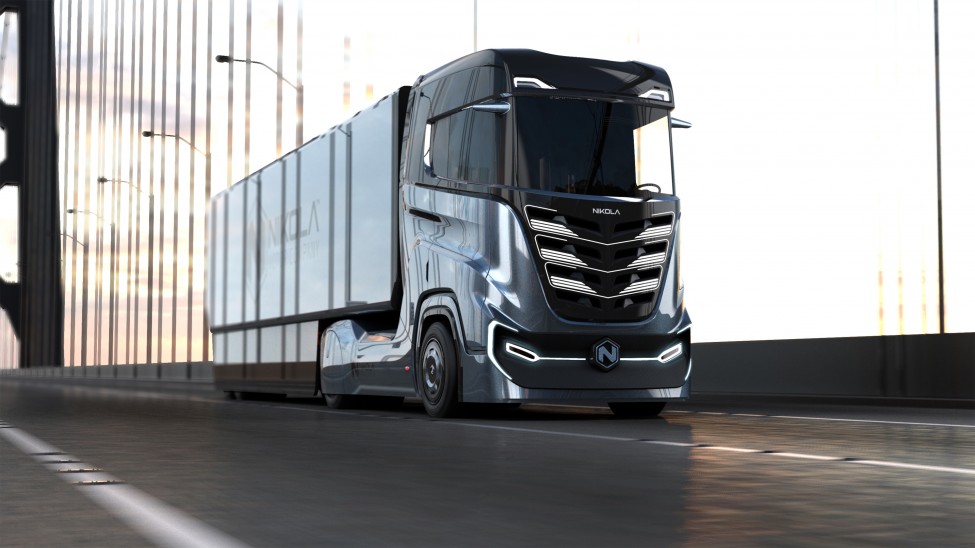The North American Nikola Motors continues with its commitment to trucks equipped with a hydrogen system. It has now confirmed the purchase of a significant number of production equipment for hydrolysis to start expanding its refueling network.
Nikola has officially confirmed the purchase order to the Norwegian company, Nel ASA, for the supply of alkaline electrolyzers that will add 85 MW power. This will allow the first five refueling stations in the Nikola network to be put into operation, capable of offering up to 8 tons of hydrogen per day. This will mean production of no less than 40,000 kg of hydrogen per day.
In total, Nikola will invest a total of $30 million in this acquisition, and the forecast is for electrolyzers to arrive from the new factory that Nel ASA is currently building in Norway. This purchase order includes Nikola’s five initial stations with a hydrogen production capacity of 8 tons per day. The rest of the orders will be completed in the coming months.
According to Trevor Milton, founder and CEO of Nikola Corporation: “We are building the world’s largest hydrogen grid, and I couldn’t be more proud to have Nel as part of it. These electrolyzers will support the five hydrogen stations that will cover multiple states and truck routes. The future of clean transport is here, and fleets are lining up to be part of the transition with Nikola. “
Nikola has large expansion plans which will include both a production in the United States and Europe, with a certain role for IVECO’s plants in Valladolid and Madrid.
The offer will consist of both hydrogen trucks and battery models. Nikola models will be able to have 500 kWh, 750 kWh, and 1 MWh battery packs. These versions being reserved for “short” journeys. In contrast, the hydrogen versions will be focused on long-distance travel thanks to their more than 1,000 kilometers of autonomy.
The great challenge now is to deploy the hydrogen refueling network. The plans aim to reach 700 hydrogen supply stations in the US and Canada between 2020 and 2028. Stations capable of producing up to 8,000 kilograms of hydrogen daily are expected to begin deployment in Europe in 2022.
A bet that seems to be appealing to large distribution groups. According to the manufacturer there are already 13,000 reserves of its electric trucks that are being proposed as a new alternative. In turn reducing dependence on diesel systems.

